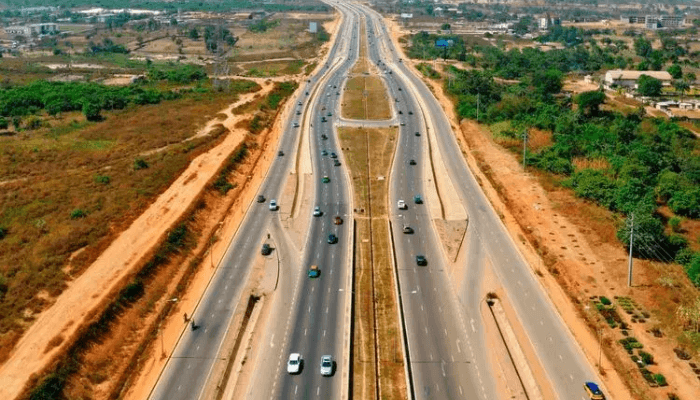Nigeria Breaks New Ground with $747 Million Loan for Landmark Coastal Highway


Quidah is an online platform that connects investors with curated opportunities and expert insights on Africa’s emerging markets, while offering businesses promotional services, partnership facilitation, and market intelligence to attract capital and grow their operations.
Industries
Nigeria is setting a new standard for infrastructure investment with its ambitious Lagos-Calabar Coastal Highway, a 700-kilometer megaproject set to reshape the nation’s southern corridor and unlock vast economic potential. In a landmark move, the country has secured a $747 million syndicated loan—the largest ever for a Nigerian road project—led by Deutsche Bank to fund the first phase of the highway. This initial stretch, spanning 47.47 kilometers from Victoria Island to Eleko Village in Lagos, is already over 70% complete, showcasing remarkable progress and commitment from both local and international stakeholders.

The project’s financing reflects broad international confidence in Nigeria’s infrastructure agenda. Alongside Deutsche Bank, the powerful lending consortium includes First Abu Dhabi Bank, the African Export-Import Bank, ECOWAS Bank for Investment and Development, and Zenith Bank. To safeguard the investment, political risk insurance is provided by the Islamic Corporation for the Insurance of Investment and Export Credit (ICIEC), ensuring robust protection and signaling Nigeria’s openness to global partnership.
Built with advanced Continuously Reinforced Concrete Pavement (CRCP) technology, the highway is designed to last up to 50 years with minimal maintenance, reducing long-term costs and maximizing durability. Once completed, the Lagos-Calabar Coastal Highway will connect nine states, linking major cities, seaports, and economic zones. This corridor is expected to spur regional trade, logistics, tourism, and real estate, positioning Nigeria as a gateway for commerce within West Africa and beyond.
The broader scope of the project is equally impressive: by connecting urban and rural communities across the southern coastline, the highway will improve the movement of goods and people, enhance food distribution networks, and drive down transport costs. Federal officials highlight that the construction phase alone is set to generate thousands of direct and indirect jobs, boosting local economies and providing new opportunities for skilled and unskilled labor.
A tolling and revenue model is under development to ensure financial sustainability, with projections indicating long-term, stable returns for investors through toll operations and ancillary services. This model opens the door for private sector participation in areas such as road maintenance, logistics support, warehousing, hospitality, and roadside amenities. Small and medium enterprises (SMEs) are expected to benefit from increased demand for supply chain and service solutions, while international engineering and construction firms will find significant opportunities in future project phases.
The timeline for the highway is equally ambitious. Phase 1, covering 47.47 kilometers, is targeted for completion by early 2026. The entire 700-kilometer corridor is projected to be finished within eight years, making it one of the most extensive transport infrastructure undertakings in sub-Saharan Africa.
Nigeria’s coastal highway stands as a testament to the power of partnership and vision. The scale of international backing—ranging from European and Middle Eastern banks to pan-African institutions—demonstrates the country’s growing appeal to global investors seeking stable, long-term returns. As multilateral collaboration and syndication reduce investment risk and increase transparency, Nigeria is solidifying its commitment to reform, modernization, and sustainable economic growth.
For investors, the Lagos-Calabar Coastal Highway offers a chance to participate in Africa’s next infrastructure success story, with opportunities for equity, debt, and operational roles across the project’s lifespan. For businesses, the highway is not just a road—it is a catalyst for trade, connectivity, and prosperity, ushering in a new era for Nigeria’s transport sector and the wider West African region.


